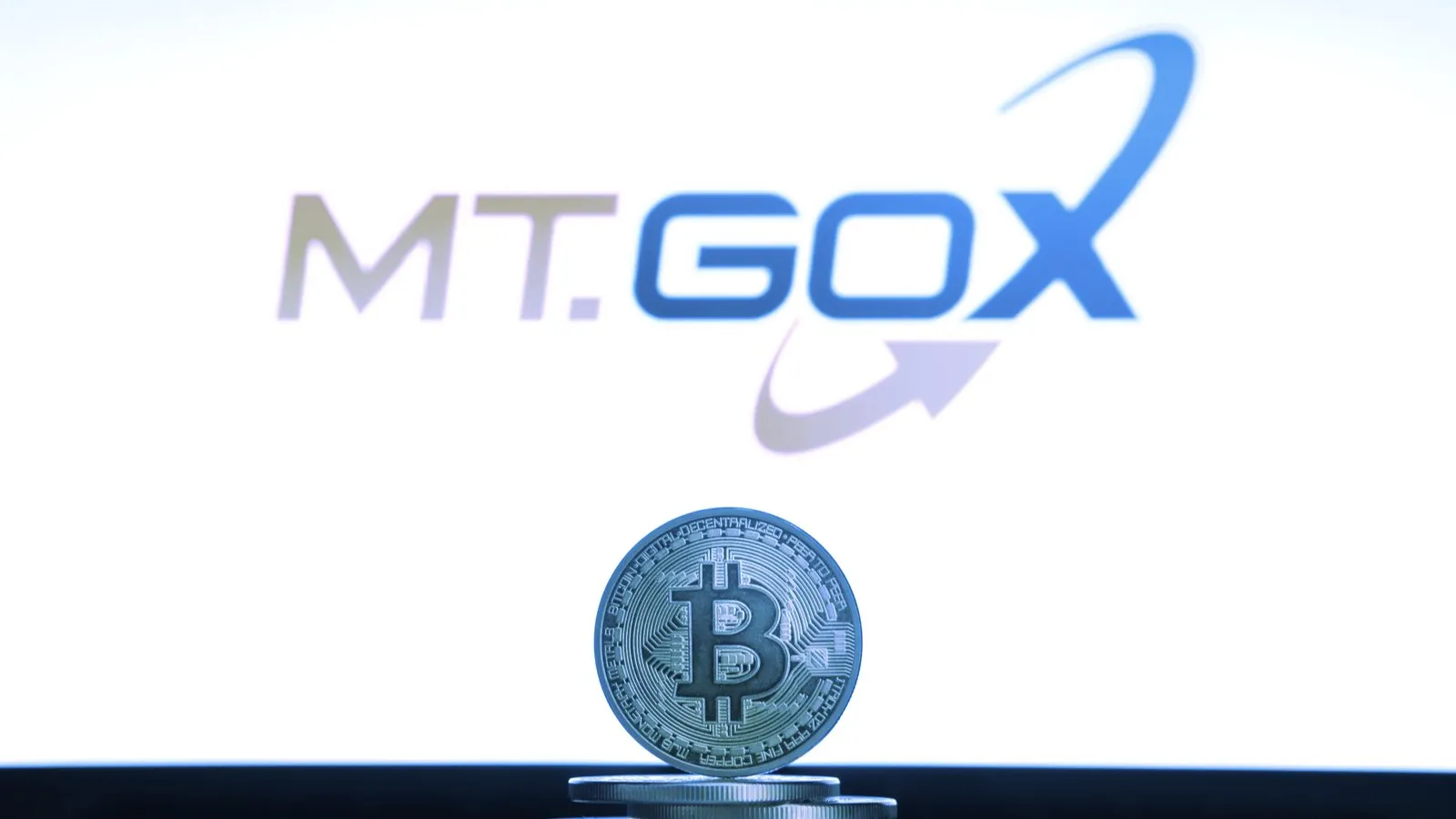Victims of the Mt Gox hack could—after several years—be in line for a refund after Nobuaki Kobayashi, the defunct exchange’s Japanese trustee, announced that creditors can now vote on a civil rehabilitation plan.
According to the letter Kobayashi sent to investors on May 31, the Tokyo District Court approved the revised version of the rehabilitation plan, opening the doors to voting on the exact reimbursement mechanism.
“We are pleased to inform you that the online voting function has been released on the online rehabilitation claim filing system,” Kobayashi said in the letter.
What was Mt. Gox?
Once the world’s biggest crypto exchange, Mt. Gox handled over 70% of all transactions on the Bitcoin network at one point. The exchange fell to several hacks—the most recent of which occurred in February 2014, when more than 850,000 BTC were stolen.
Since then, more than 20,000 creditors have filed claims for reimbursements, with bankruptcy lawyer Kobayashi appointed to lead the case. A significant amount of the stolen Bitcoin is still missing after the hacks.
According to Mt. Gox Legal, Kobayashi currently holds 165,000 BTC in a cold wallet, valued at $6 billion at today's prices.
About 35,800 BTC ($1.3 billion) and 34,000 BCH ($23.1 million) were sold by the trustee between December 2017 and February 2018.
The proposed rehabilitation plan would see creditors claim up to 90% of the remaining Bitcoin. The proposed payout would reimburse claimants in Japanese yen (JPY), Bitcoin (BTC), or Bitcoin Cash (BCH).
The amount of each claim will be denominated in yen, with 1 BTC pegged to 749,318 yen, or roughly $7,205.
This was the price of Bitcoin when civil rehabilitation began in 2018.
However, according to the notice from the trustee, if a claimant doesn’t vote, they “will be deemed to have voted against the Draft Rehabilitation Plan.”
Additionally, there’s a minimum of 50% of the votes required for the proposal to be passed. Should the proposal not go through, Mt. Gox victims may face another lengthy wait for compensation.

